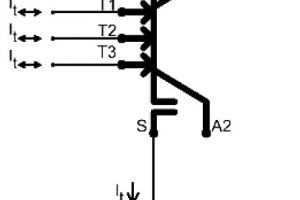
One result is a deal with TSMC for ARM’s 45nm physical IP process. “When we bought Artisan one of our first priorities was to accelerate the technology development so that we would be able to introduce 45nm well in advance of where Artisan would have done it,” Warren East, ARM’s CEO, told Electronics Weekly.
“The idea was to link the ARM base to the Artisan base. Artisan was serving the small fabless design community typically using the older geometries.”
Processor customers, on the other hand, typically use leading edge process technology. Although 45nm is some time away from being used in manufacturing, the TSMC deal demonstrates that ARM has now aligned is processor and physical IP process technologies.
ARM is starting to see revenues from China and expects to get its first Indian licence during the next 12 months. “We have sold 20 licences in China over the last five years and we’re starting to see royalties from them,” said East. “I’d be amazed if, in 12 months time, we haven’t sold a licence in India.”
Asked what had changed in India to make him say that, East replied: “We’re seeing the emergence of independent Indian design companies doing their own designs, instead of doing contract design for Western companies.”
Asked why ARM used surplus cash to buy its shares rather than invest in R&D, East replied: “There’s a limit to the rate at which you can sensibly spend money on R&D. If people don’t want to buy the technology you develop, there’s no point developing it. So you spend on R&D only up to the point where you’re developing technology which people actually want to buy.”
Last week ARM announced its first quarter results, with a boost in net profit to £12m on revenue of £64.6m.
 Electronics Weekly Electronics Design & Components Tech News
Electronics Weekly Electronics Design & Components Tech News
